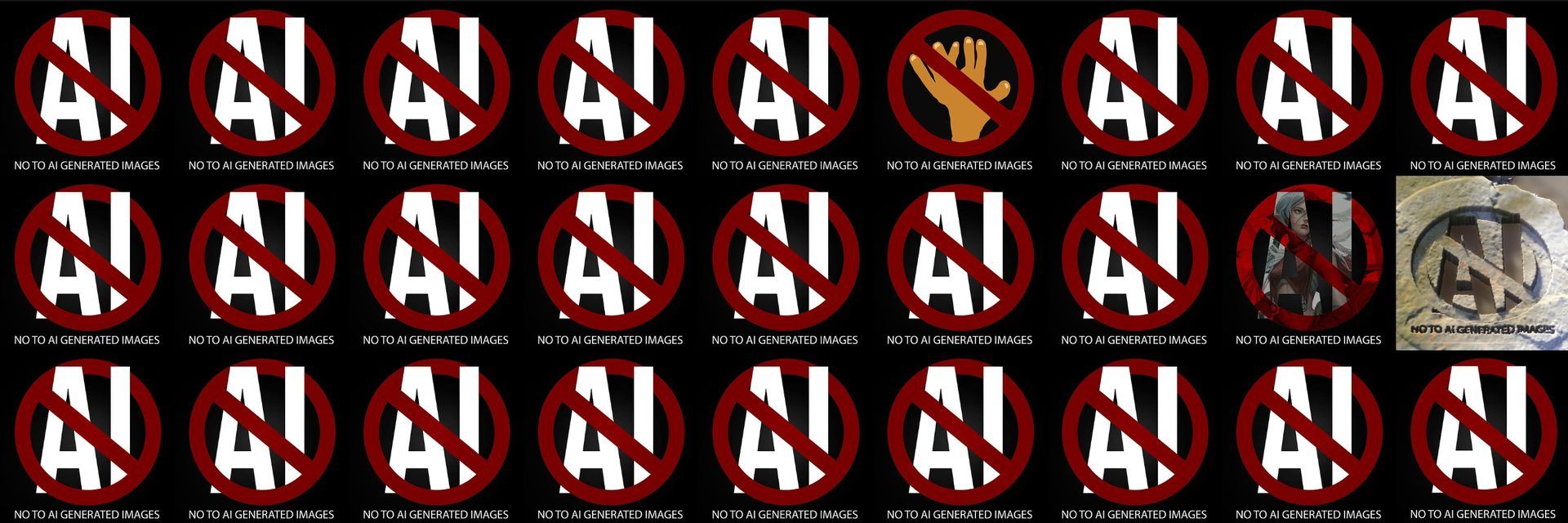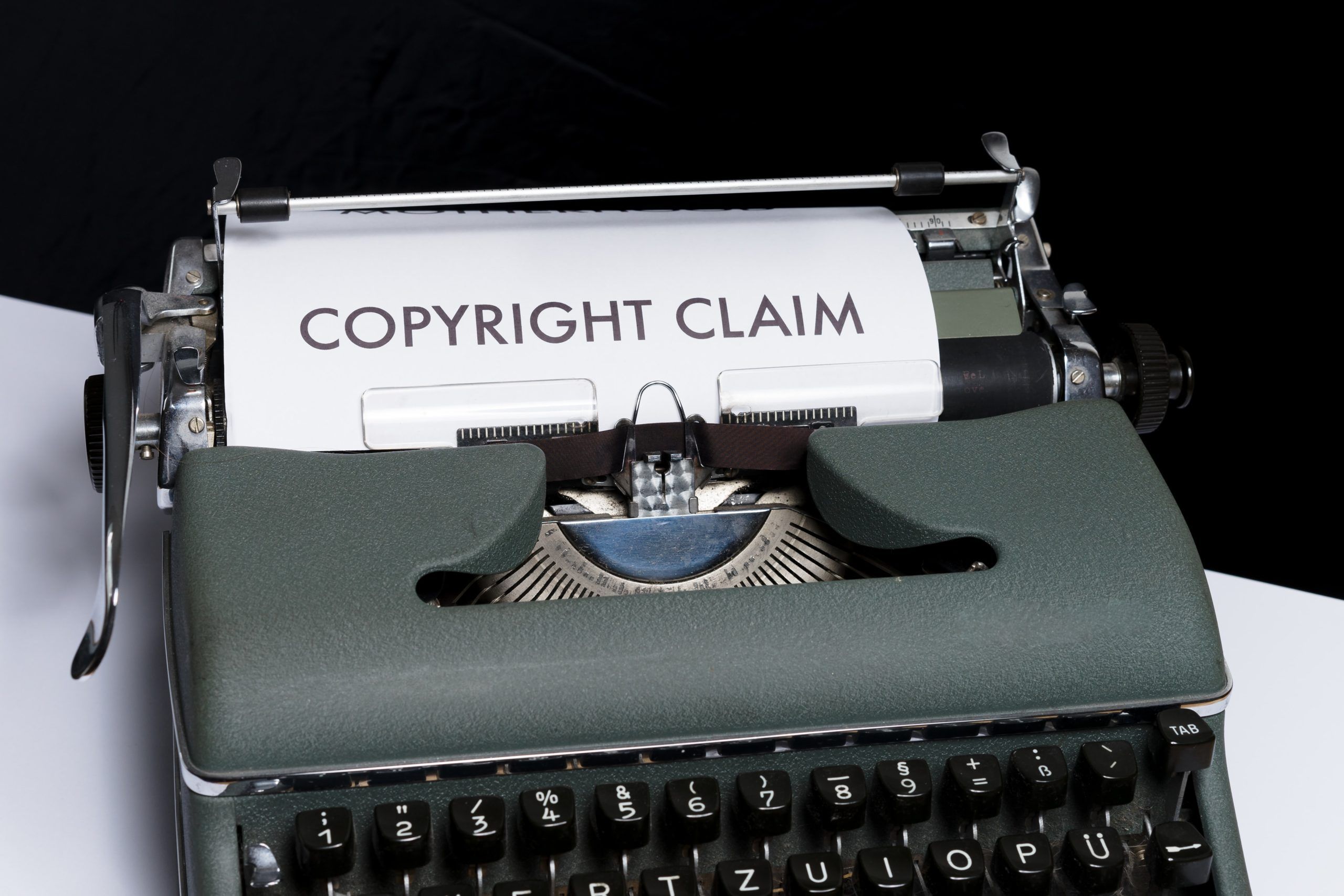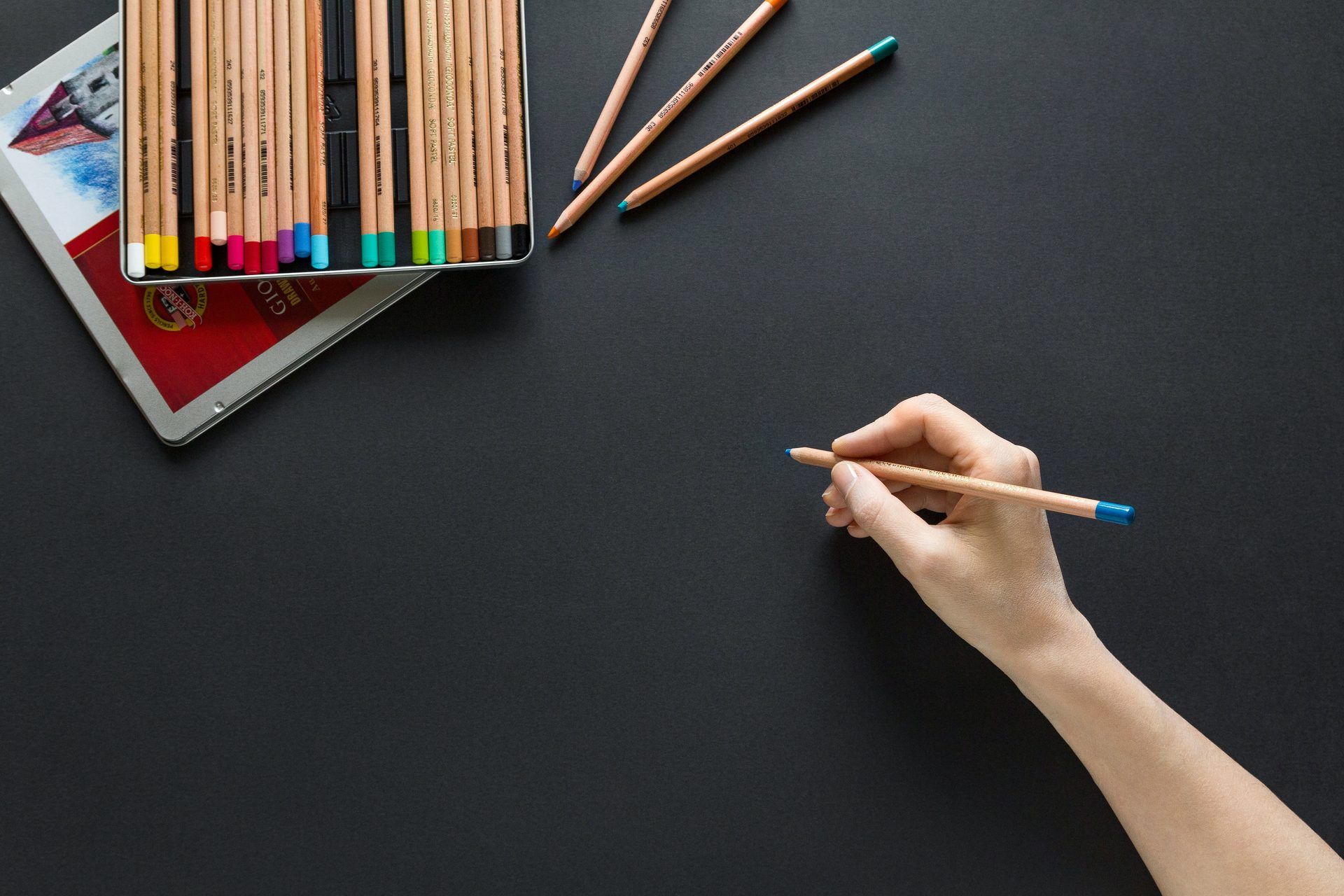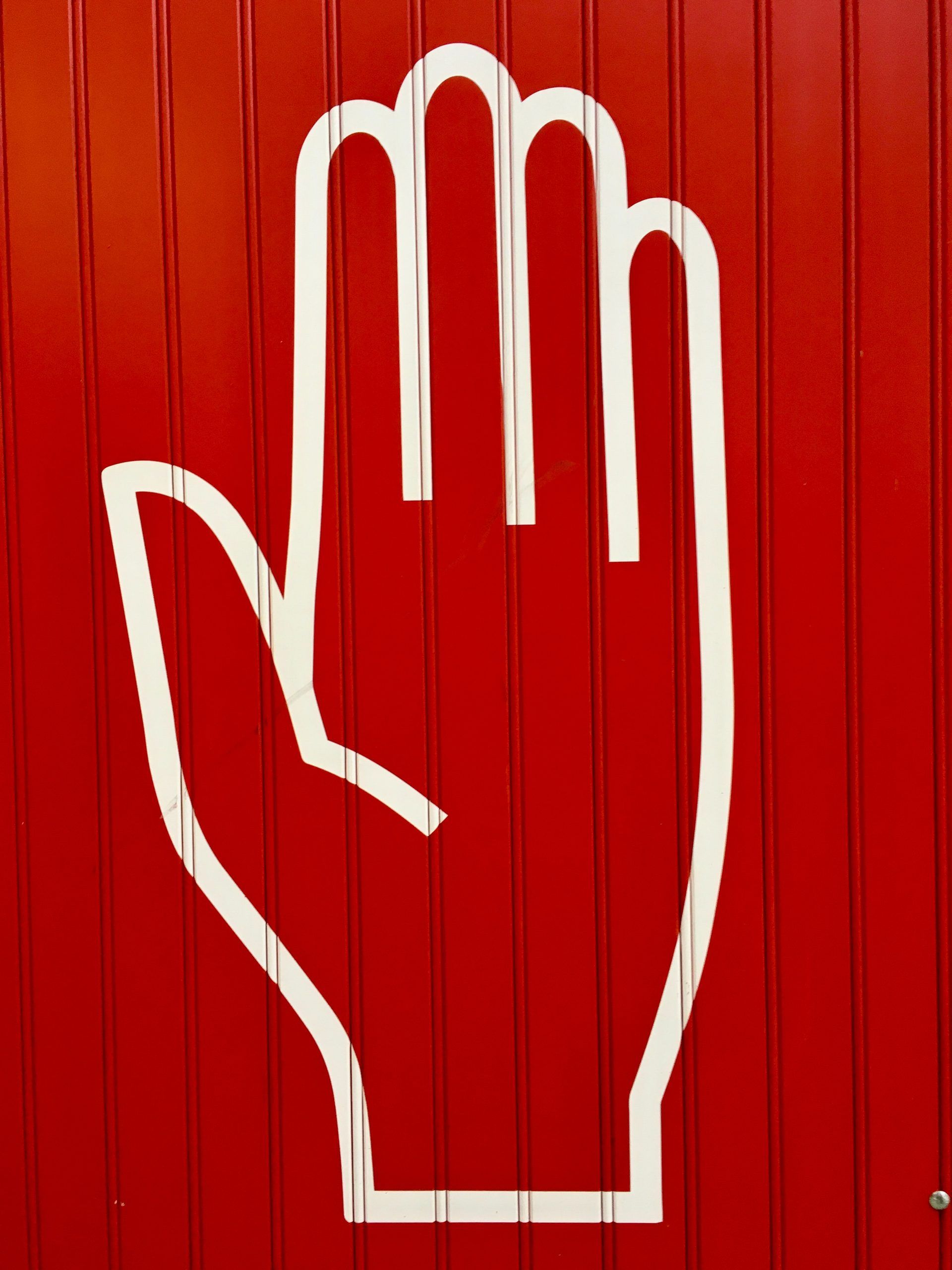“No to AI generated images” became the ArtStation protest’s slogan. Professional and amateur artists were united in their condemnation of ArtStation. On the professional portfolio site ArtStation, hundreds of artists are upset about the use of AI-made art.
Artists are fed up with the AI work on Epic Games’ portfolio site, but the firm isn’t backing down. Epic Games has issued a statement stating that AI photos will not be banned.
No to AI generated images: ArtStation protest explained
After several users pointed out that AI-generated art was being featured on the site’s main Explore page, artists began protesting the platform by adding the “no to AI generated images” image to their portfolios on Tuesday. Many artists on ArtStation believe that comparing AI-generated images with their work is demeaning and undermines the time and talent that goes into it.

After seeing costume designer Imogen Chayes tweet about the “No AI” illustration drawn by illustrator Alexander Nanitchkov, illustrator Nicholas Kole started the No to AI generated images protest.
Unsurprisingly, this has angered a great number of people. In fact, many artists have begun spamming their portfolios in the past 24 hours because they are so unhappy that the website accepts AI-generated pictures.
Imogen Chayes and Nicholas Kole initiated a protest. Multiple artists have copied and pasted the exact image, which Alexander Nanitchkov originally owned and said: “No To AI Generated Images.” Consequently, ArtStation’s homepage was covered with “No to AI generated images” logos at the time of writing.
Thousands of 2D and 3D artists uploaded the same image. They asked ArtStation to consider removing the AI-generated images from the website, citing multiple reasons for doing so, including the fact that the AI-generated images devalue the work of human creators and make it more difficult for employers to find talent on the platform. But Epic Games owned ArtStation’s response is not what they expected.
Check out the OpenAI ChatGPT chatbot; people have already fallen in love with it!
Does ArtStation become PromptStation?
Wednesday afternoon, in response to the No to AI generated images protest, ArtStation published a frequently asked questions document defending the inclusion of AI-generated artwork on their platform. According to the firm, its “content restrictions do not ban the use of AI in the posting of artwork.”

It states that “users’ portfolios should only contain artwork they have created, and we urge users to be open about the process.” The corporation asserts that it does not wish to “become a gatekeeper with site rules that hinder AI development and commercialization while respecting artists’ rights and copyright law.”
ArtStation’s parent company, Epic, said that it has not made any deals with AI companies that would allow them to scrape its website’s material and that it is in the process of providing users “greater choice over how their work is shared and branded.
Many artists, including Kole, are dissatisfied with this statement after the no to AI generated images protest; some want the firm to ban AI-generated images outright, while others want the platform to at least compel artists to label and differentiate their AI-generated content from other art.
“While I am glad to see ArtStation acknowledge our protest, their response strikes me as inadequate and evasive. The main thing we are asking for in doing this is for a positive policy against the proliferation and presence of AI-generated images on a site intended to showcase the portfolios of professional and aspiring-professional artists. This is clearly something Artstation is, at this time, unwilling to do in clear terms.”
Nicholas Kole who is started the ArtStation No to AI generated images protest
Shutterstock and Getty Images have already banned AI-generated images
Due to copyright concerns, stock image services such as Shutterstock and Getty Images have already prohibited the posting and selling of AI images.

Since the rate of AI progress outpaces the ability of lawmakers to keep up with copyright regulations, artists have taken it upon themselves to alert the public about the ethically ambiguous zones of AI art. Many artists concur that AI art is a potent instrument that can serve as a reference or source of inspiration but should not be utilized for profit or praised in the same manner as human art.
Check out the best free AI art generators
Will AI replace designers?
The newest craze in design is artificial intelligence. Today, many IT organizations and individuals are turning to artificial intelligence to automate their procedures totally. They act this way because they understand that future society will be ruled by technologies that can drastically cut the number of labor humans must perform.

The design industry is not an exception, as we have already started to witness sector trends advance due to AI. We have already explained artificial intelligence design’s advantages and disadvantages. Don’t decide before checking it out.
Are you wondering how your room will be in cyberpunk style? Try Interior AI
Ethical and legal issues regarding AI
You have certainly seen an increase in AI-generated internet material during the past few months. With outstanding outcomes, tools such as Midjourney, DALL-E 2, and Stable Diffusion thrive.
If you’ve never used them before, the concept is as follows. Most of these tools are accessed by typing a “prompt” containing a few lines describing the desired image type in terms of content and visual style.
One of the reasons these tools have been criticized is that they can be used to imitate the style of particular artists. Some AI tools can use existing images as input to generate variants or stylized versions of the image. They can be used to create text and animations, although the latter is still in its infancy.

However, there are numerous ethical and legal difficulties associated with AI systems. Here are the most important ones:
- Many of these AI programs were trained with artist images without their knowledge or permission. Obviously, this provoked a debate regarding the morality and legality of such a procedure. Years earlier, a similar concern arose when Google Translate was developed using translated materials, and hence the work of translators.
- Many dispute whether intellectual property rights can protect AI-generated images. Artists who spend years meticulously cultivating their style may see dozens or hundreds of imitators emerge. Some of these issues will not be resolved for quite some time: for instance, we must wait to see what the judges rule on the copyright question.
- Artists employing old methods now face new competition. On ArtStation’s marketplace, for instance, reference packs and concept art packs containing elements that were almost certainly mass-produced using AI have emerged.
Welcome to the AI-driven era
Don’t be scared of AI jargon; we have created a detailed AI glossary for the most commonly used artificial intelligence terms and explain the basics of artificial intelligence as well as the risks and benefits of artificial intelligence.
We have already explained some of the best AI tools like Uberduck AI, MOVIO AI, Meta’s Galactica AI, Notion AI, Make-A-Video, AI Dungeon, Chai, and NovelAI. Do you know there are also AI art robots? Check the Ai-Da.
Are you into AI image generation? You can try these tools:
- MyHeritage AI Time Machine,
- Dawn AI
- Lensa AI
- Meitu AI Art
- Stable Diffusion
- DALL-E 2
- Midjourney
- DreamBooth AI
- Wombo Dream
- NightCafe AI
- QQ Different Dimension Me





